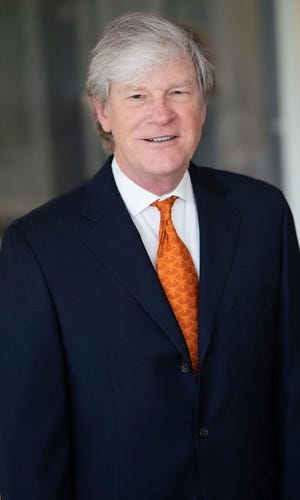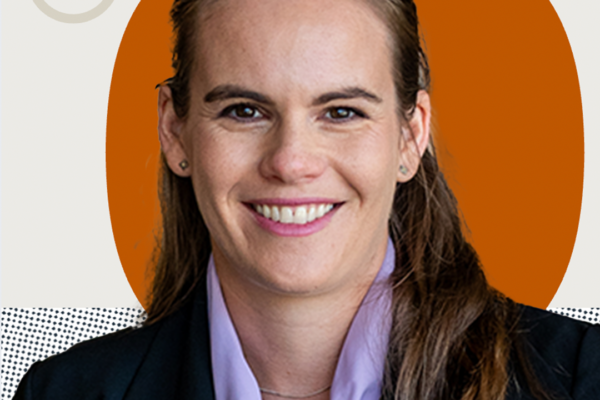A Passion for the Business of Music
At McCombs conference, students are urged to harness their enthusiasm and learn from setbacks.
In its drive to bridge the gap between the classroom and the real world, the McCombs School of Business gave students a look at the many paths into the music industry on Oct. 15. At the Texas Business of Music Symposium — designed to help novices discover the best use for their skills and to find career entry points — nine industry professionals talked about their past and present jobs, their successes and failures, and the future of the business. The panelists came from the areas of representation, distribution, publishing, and data and finance.

Moderator Wofford Denius, BBA ’74, an entertainment lawyer in Los Angeles, asked the group to examine their career choices and the trajectory of the industry. He encouraged the panelists to explore several questions: What skills might help students trying to break into the business? What would the panelists have done differently in their careers? What is the future of the industry?
Skills for success
Besides having business acumen and an entrepreneurial spirit, students need to be curious, be willing to work hard, and be able to pivot, several panelists said. The business needs well-rounded individuals who can read, write, and communicate clearly, said Vincent Leoni, a partner with the Miller Kaplan accounting firm. “It’s getting harder and harder to find those folks,” he said.
Kevin Shivers, B.S. Moody Radio-Television-Film ’08, a partner in WME’s music division who represents Tyler, the Creator; Kid Cudi; and Nicki Minaj, said that knowing a foreign language is becoming more important because the entertainment industry is becoming more global, as shown by Netflix’s acquisition of shows from other countries.
But two characteristics were particularly emphasized: passion and excellence. Rob Gordon, president of management company United Interests, said, “Doing what you love while pursuing excellence and mastery will lead to happiness and success — and probably monetary success too.”
Shivers said he worked hard, returned phone calls, and remained humble and grateful. He urged students to not be afraid of failure. “If you’re not failing, you’re not trying,” he said.
Denius added: “You can’t let failure deter you. This is a competitive business. You have to have a thick skin.” Let rejection drive you, he said.
What would they change?
While the panelists noted that a business or law degree or the ability to analyze contracts would be helpful, none said that they regretted their career paths. Amy Lombardi, the director of artist and partner relations with digital music distributor TuneCore, started as a record company receptionist, and Shivers started in the mailroom. Those positions allowed them to explore and learn about other areas of the music industry.
Sascha Stone Guttfreund, B.S. Moody Communication Studies ’14, a partner in concert promoter ScoreMore Shows, said: “I wouldn’t do anything differently. If I hadn’t gone to UT, none of this would have been possible.” Guttfreund, who once sold advertising for The Daily Texan, now owns a business and is a guest lecturer at UT. When they were students, he and Shivers were selected for the music industry internship UTLA program started by Denius.
Where the business is headed
The panelists noted that technology is forcing the music industry to evolve. Mitch Ballard, BMI senior director for creative, said that his company has tried to stay close to the “change curve” during the past 20 years. Scott Robinson, CEO of Dualtone Music Group, said that during his lifetime the industry has gone from vinyl records to eight-track tapes to cassette tapes to compact discs to downloads to streaming to TikTok snippets.
Now artists are also seeking to expand their brands into fragrances and apparel and to boost the listening experience by offering special access, the panelists said. In addition, new technologies such as NFTs (nonfungible tokens) are creating confusion about ownership rights.
“Technology has always been disruptive,” said copyright expert Richard Perna, who pointed to how streaming and downloads overtook the album market.
But some things have not changed, the panelists said. Artists who create top-quality music and who excel at performing live will always be in demand, Denius said.
For record company CEO Robinson, “The key is finding greatness.”
—Mark Barron
About this Post
Share:


